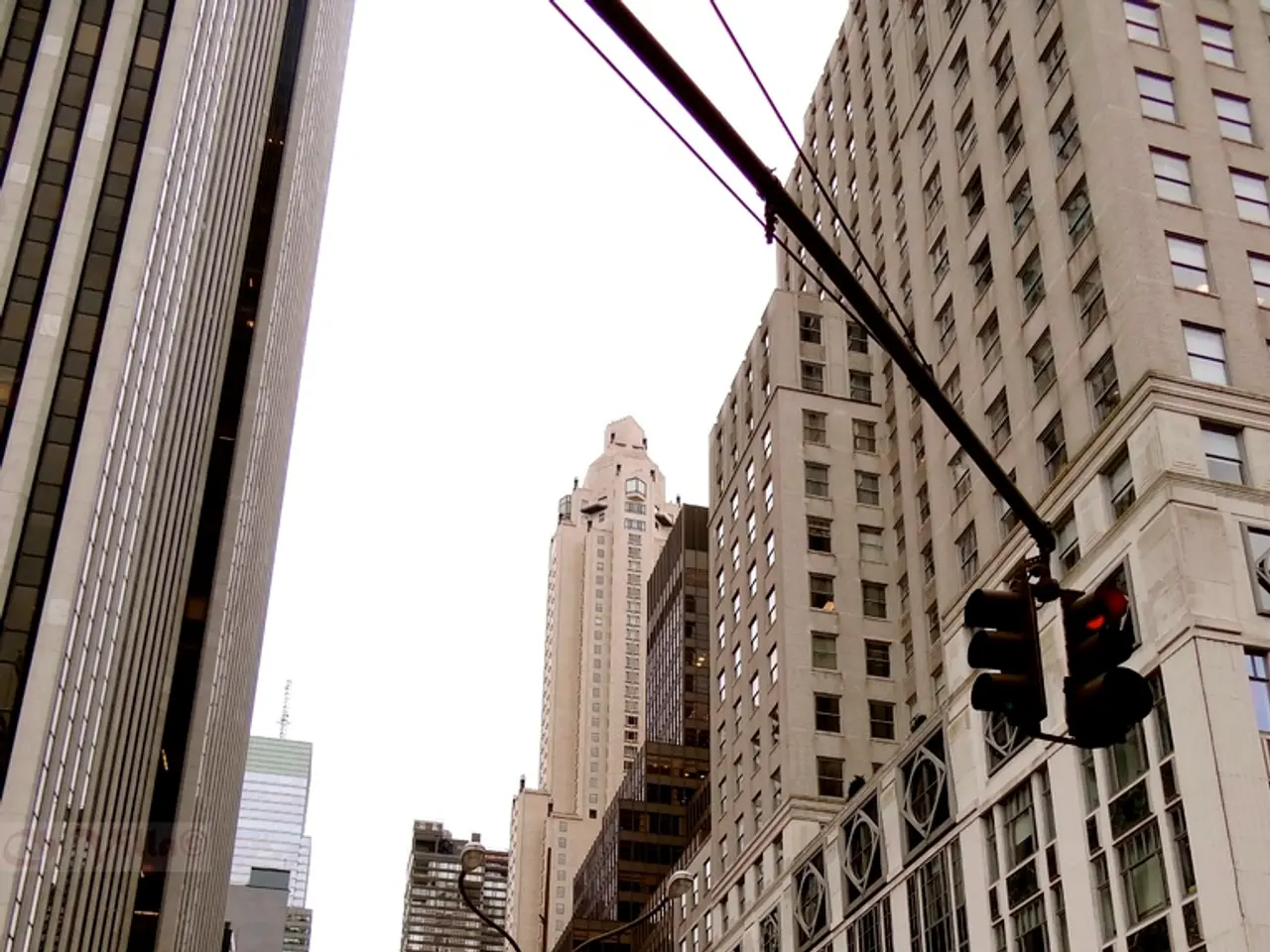BT Aims for 99% UK 5G Coverage by 2030, Citing Regulatory Hurdles
BT has outlined ambitious plans to bring standalone 5G (5G+) to 99% of the UK population by 2030, four years ahead of competitors. However, the company's chief executive Allison Kirkby has cited high business rates, spectrum fees, and compliance levies as significant obstacles to infrastructure investment, slowing down the rollout of next-generation networks.
BT has launched Advanced RAN Coordination (ARC) to enhance mobile site performance during peak periods by allowing nearby sites to share capacity dynamically. The company has already deployed over 1,500 small cells nationwide for 5G+, including 500 in the past year, and Europe's first Ericsson AIR 3284 Massive MIMO units in Leeds.
BT's network can deliver up to 100 times more capacity than 4G, supporting increased demand in crowded areas and AI-driven applications. However, BT has called on the UK government to remove regulatory barriers and accelerate mobile network expansion, estimating that broader improvements in mobile connectivity could boost the UK economy by up to £230bn by 2030. Regulatory hurdles and high costs could continue to slow 5G rollout, particularly for smaller operators. The regulatory authority Ofcom has prepared its largest auction for mobile spectrum to increase 5G capacity, indicating a role in encouraging the removal of regulatory barriers and accelerating mobile network expansion.
BT's ambitious plans to deliver 5G+ to 99% of the UK population by 2030 highlight the broader questions surrounding the pace of mobile network expansion in the UK and the role of government policy in enabling large-scale technological upgrades. While BT acknowledges that achieving 99% coverage will not address all connectivity challenges, targeted interventions will still be required in specific areas. The company's call for regulatory reform and the upcoming Ofcom auction for mobile spectrum indicate a collective effort to overcome obstacles and drive the UK's 5G future.








